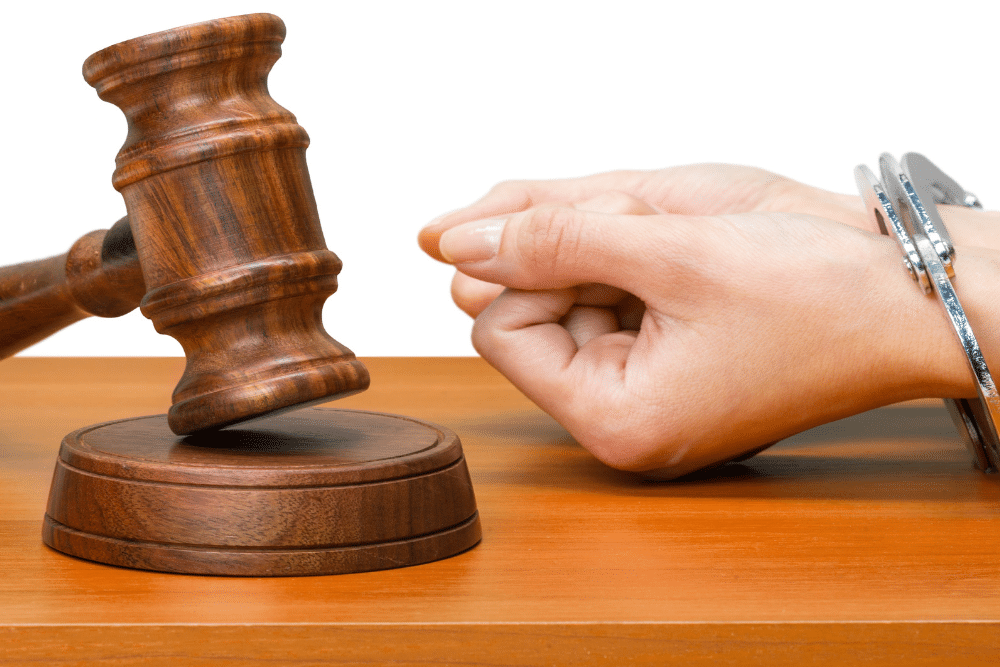You’ve likely heard the term “contributing to the delinquency of a minor” on television and in the movies, but it’s not just a fictional buzzword – it’s a real crime with real legal consequences.
When an adult encourages a minor to participate in illegal activities – such as drinking alcohol or taking drugs – they can be charged with this crime. Take the case of a 33-year-old Colorado Springs man. For his contact with minors, he was charged with both contributing to the delinquency of minors and sexual assault.
You don’t want to find yourself charged with this kind of crime, which is why it’s crucial to understand the law. Here’s what you need to know about contributing to the delinquency of a minor and the penalties for a guilty verdict in Colorado.
What Colorado Law Says
Colorado charges “contributing to the delinquency of a minor” when an adult assists or urges a minor (someone under age 18) to defy a court order or break the law. If you provide a child with drugs or alcohol, keep them from school without reason, or pay a child to deliver drugs for you – all of these count as contributing to the delinquency of a minor.
In Colorado court, the elements of this crime can include failure to act. If an adult doesn’t fulfill a duty that causes or tends to cause a child to be habitually truant, a dependent of the juvenile court system, or a delinquent, the charge can be pursued, as well.
The Penalties for Contributing to the Delinquency of a Minor
If you are found guilty of contributing to the delinquency of a minor, the penalties are that of a Class 4 felony. You may face six years behind bars and fines as high as $500,000.
If a school district employee or teacher is found guilty of this crime, they may lose their job as well as their professional licensure.
How to Defend Contributing to the Delinquency of a Minor
It’s vital to mount a proper and truthful defense if you ever find yourself accused of these charges. Some of the most common defenses include:
False Charges
Your defense may assert that the charges are based on false accusations. They would try to justify the minor’s motive to retaliate against a parent/guardian.
These charges sometimes come up in child custody disputes. One parent may be attempting to get the upper hand in court.
It’s possible the child may have told a fabricated story to an adult who is required to report, like a counselor. The defense can argue against this secondhand report.
Elements of the Crime Not Met

If your behavior did not meet the elements of the charges against you, that can form a solid defense. After all, failing to be a good role model for a child is a disappointment but not a crime. Your behavior may have been misconstrued.
Aged 18 Minor
You can only be found guilty of these charges if the person was, in fact, a minor when the act occurred. If they were over 18 at the time, then this particular charge can’t be proven guilty.
About the Author:
Kimberly Diego is a criminal defense attorney in Denver practicing at The Law Office of Kimberly Diego. She obtained her undergraduate degree from Georgetown University and her law degree at the University of Colorado. She was named one of Super Lawyers’ “Rising Stars of 2012 & 2019” and a “Top 100 Trial Lawyers in Colorado” for 2012-2020 by The National Trial Lawyers. Both honors are limited to a small percentage of practicing attorneys in each state. Additionally, Expertise names her to its lists of the 25 Best Denver DUI Lawyers and 21 Best Denver Criminal Defense Lawyers, both in 2020. Ms. Diego has also been recognized for her work in domestic violence cases.





